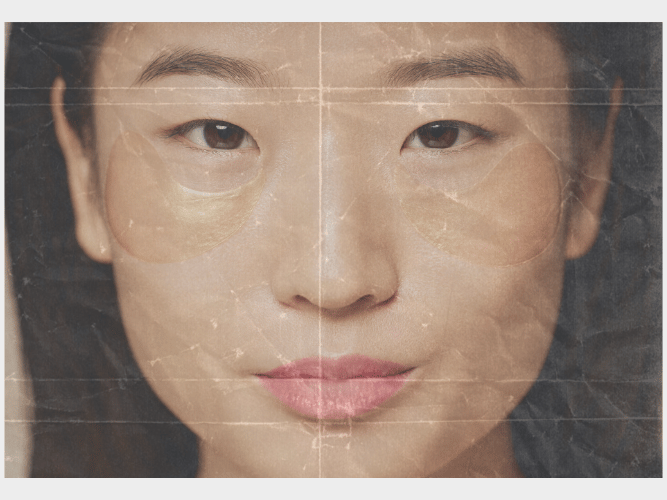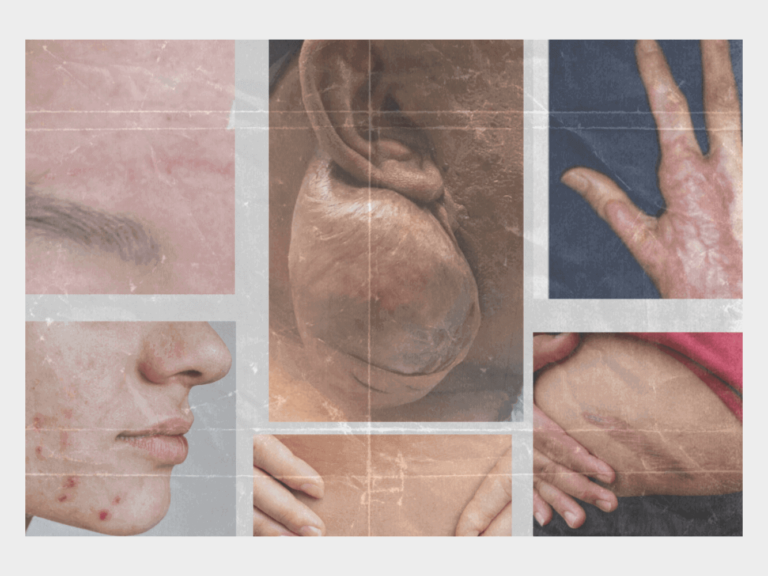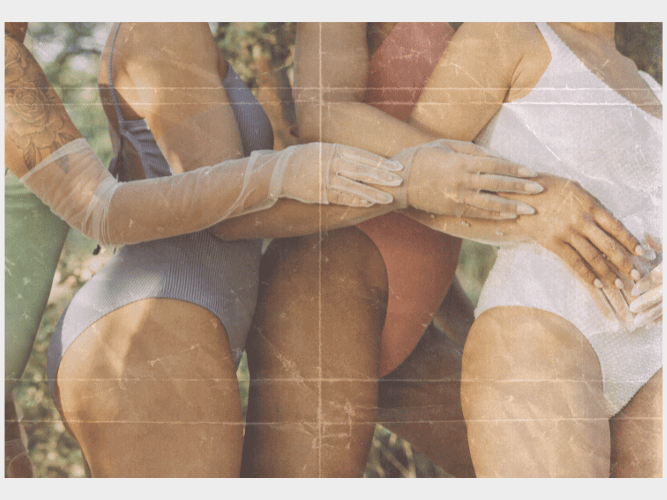Acne scars on Asian skin can be particularly challenging to treat due to the unique characteristics of Asian skin, which is often more sensitive and prone to hyperpigmentation. If you’ve been struggling with persistent acne scars, you may be using the wrong products or making common skincare mistakes.
In this guide, we’ll dive into the best skincare recommendations for reducing acne scars on Asian skin, focusing on gentle yet effective treatments.
Understanding Acne Scars on Asian Skin
Asian skin tends to be more sensitive and reactive to external factors like UV exposure, pollution, and certain skincare ingredients. This increased sensitivity can result in more prominent post-inflammatory hyperpigmentation (PIH) and stubborn acne scars. When treating acne scars on Asian skin, it’s crucial to use gentle products that won’t aggravate sensitivity.
Acne scars generally fall into two categories: atrophic scars (such as icepick and boxcar scars) and hyperpigmentation (dark spots left after acne heals). Due to the higher melanin content, Asian skin is more prone to developing dark spots and hyperpigmentation, making it essential to choose treatments that address both texture and discoloration.
Best Acne Scar Treatment for Asian Skin
Sulfur Cleanser (Benefits for Acne-Prone Skin).
One of the most effective ways to treat acne scars on Asian skin is by using a sulfur cleanser. Sulfur helps reduce excess oil production, preventing new breakouts while also minimizing existing scars. To get the most out of your sulfur cleanser, use it as a mask by leaving it on your skin for 30 seconds before rinsing. Doing this three times a week can significantly improve your skin’s texture and reduce oil production and inflammation.
- Tip: Choose a gentle sulfur cleanser that won’t dry out your skin. This is especially important for sensitive Asian skin, which can react to overly harsh formulas.
- Pro Tip: If you’re new to sulfur cleansers, start slowly and monitor your skin’s response to avoid irritation.
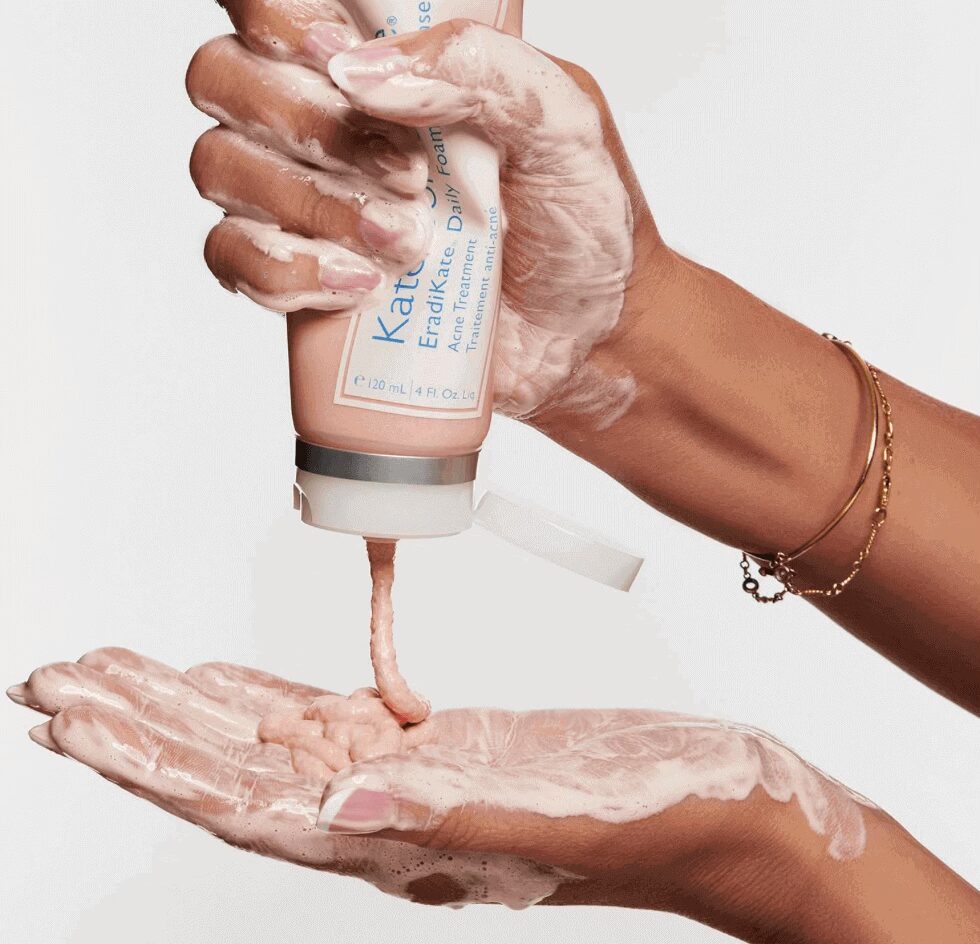
HERE is our Recommended Sulfur CLEANSER
EradiKate 3% Sulfur Daily Foaming Cleanser Acne Treatment – Clinically Formulated Medicated Face Wash Balances Skin and Cleans Pores
Lightweight Moisturizer for Acne-Prone Skin
Hydration is key to healing acne scars, but it’s essential to choose a lightweight moisturizer that won’t clog pores. The moisturizer from Roundlab is a great choice because it’s formulated with panthenol, which helps soothe and hydrate sensitive Asian skin. It absorbs quickly, making it perfect for acne-prone skin without leaving a greasy residue.
Look for ingredients like panthenol, glycerin, and hyaluronic acid, which provide hydration without adding excess oil. These ingredients help calm inflammation, reduce redness, and support your skin’s natural healing process.
- Apply a lightweight moisturizer twice daily, especially after using exfoliating products or treatments like retinol.
- Always opt for non-comedogenic products to prevent clogged pores.
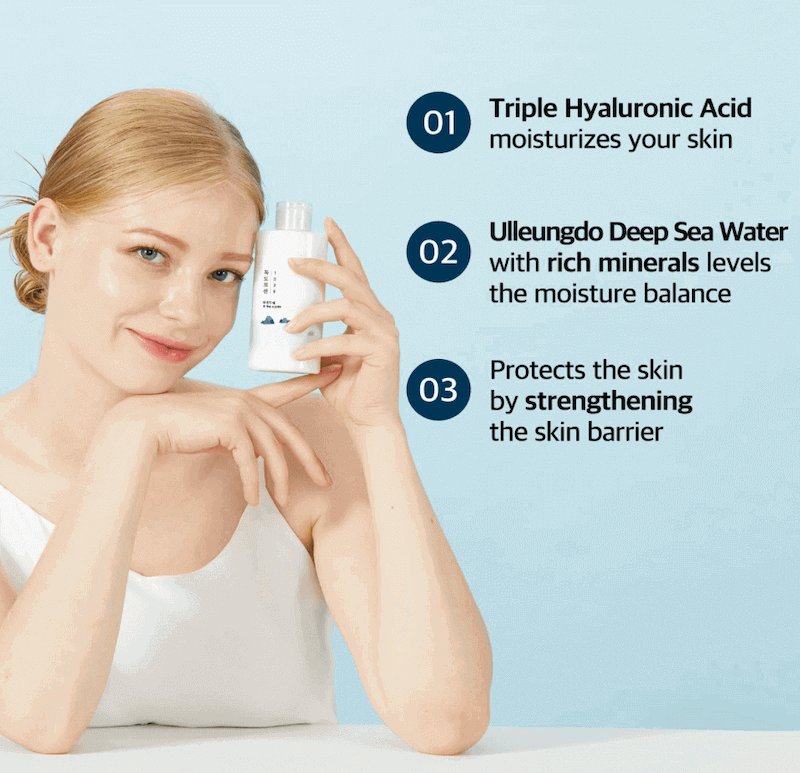
SHOP ROUND LAB 1025 Dokdo Lotion 6.76 Fl Oz, Intense Long-Lasting Hydration with Triple Hyaluronic Acid, Fluid Texture for Skin Barrier Protection, Face Moisturizer for Deep Moisture, Korean Skin Care
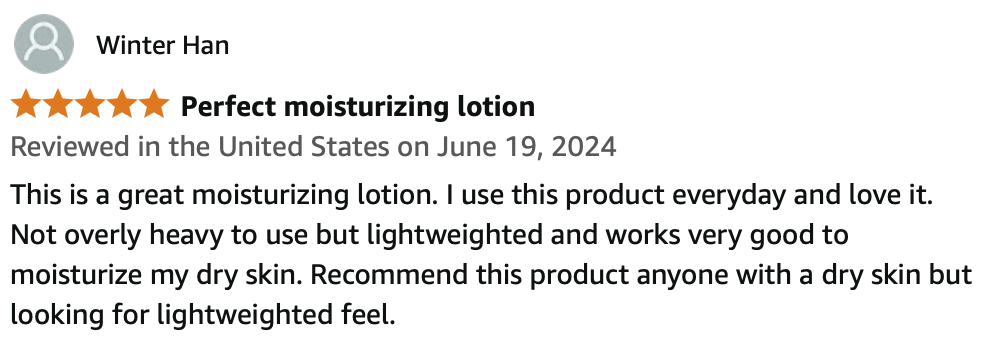
Retinol vs. Tretinoin for Sensitive Skin
If you’re struggling with deep acne scars, introducing retinoids into your routine can help speed up cell turnover and improve skin texture. For sensitive Asian skin, it’s best to start with a mild retinol serum. A 0.1% retinol serum used two to three times a week can effectively reduce acne scars while minimizing irritation.
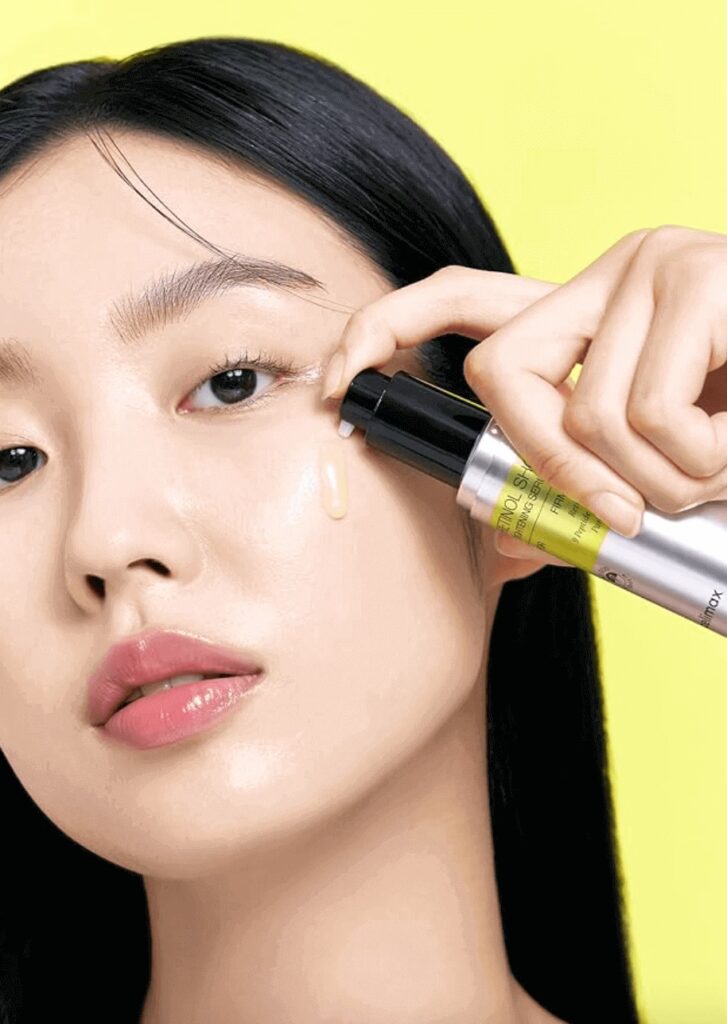
SHOP celimax The Vita A Retinol Shot Tightening Serum with Pure Vitamin A Retinol, Peptide, Pore Minimizer, Wrinkles & Fine Lines, Firmer Skin.

However, if your skin can tolerate it, tretinoin (a stronger derivative of vitamin A) can be more effective for treating stubborn scars. Just remember to use a pea-sized amount once or twice a week to avoid over-exfoliation. Retinoids can be drying, so always follow up with a lightweight moisturizer.
Gentle Exfoliation for Asian Skin
The Benefits of PHA Toner for Sensitive Skin
When it comes to exfoliating sensitive Asian skin, using a PHA (Poly Hydroxy Acid) toner is one of the gentlest ways to remove dead skin cells. Unlike other exfoliating acids like AHAs and BHAs, PHAs have a larger molecular size, which means they penetrate the skin more slowly, reducing the risk of irritation. This makes them ideal for treating acne scars on Asian skin.
Incorporating a PHA toner into your routine can help fade acne scars by promoting cell turnover, resulting in a smoother and more even complexion. The key is to use just two to three drops of PHA toner a few times a week, ensuring you don’t over-exfoliate sensitive skin.
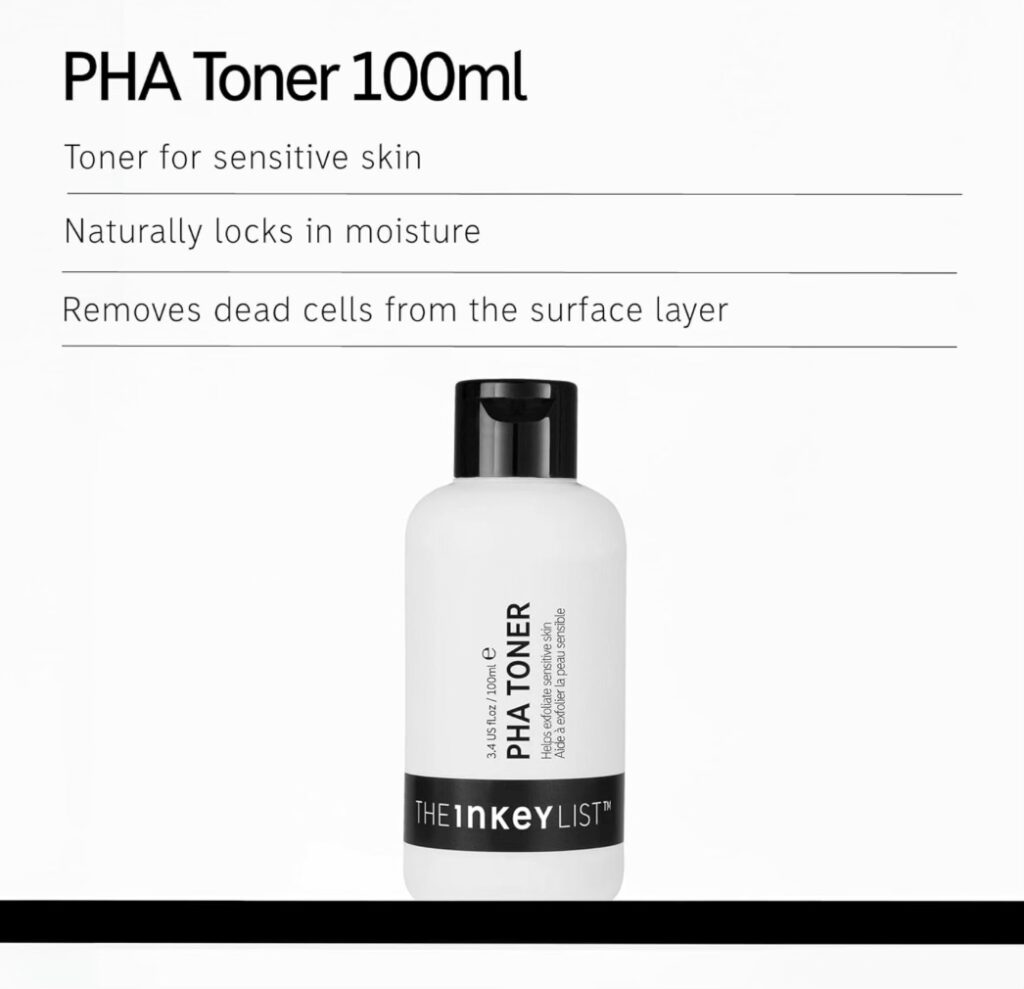
SHOP The Inkey LIST PHA Toner
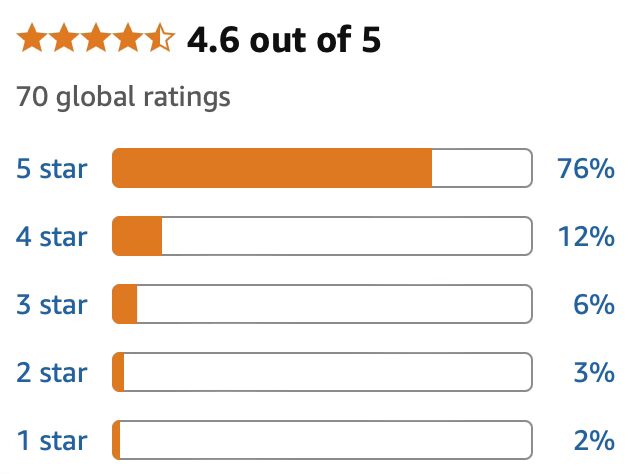
- Pro Tip: Always apply a hydrating moisturizer after using a PHA toner to prevent dryness.
- Use sunscreen daily, as exfoliation can make your skin more sensitive to UV rays.
How to Use PHA Toner for Best Results
For optimal results, apply PHA toner after cleansing and before moisturizing. Make sure to wait a few minutes to let the toner absorb fully into your skin. This step helps improve the penetration of other treatments in your routine, such as retinol or lightweight moisturizers. Consistent use can gradually fade acne scars and reduce the appearance of dark spots without irritating your skin.
Best Skincare Routine for Hyperpigmentation and Acne Scars
Creating a skincare routine tailored to reduce hyperpigmentation and acne scars on Asian skin involves choosing the right combination of products. The goal is to balance exfoliation, hydration, and active treatments while minimizing irritation. Below is a step-by-step guide:
Step 1: Cleanse with a Sulfur Cleanser
Start your routine with a gentle sulfur cleanser to control excess oil and prevent future breakouts. Using it as a mask three times a week can reduce acne and minimize scars over time.
Step 2: Apply a PHA Toner
After cleansing, apply a PHA toner to gently exfoliate and prepare your skin for further treatments. PHAs help fade dark spots while being gentle enough for sensitive skin.
Step 3: Use a Retinol Serum for Acne Scars
To reduce deep scars, use a 0.1% retinol serum two to three times a week. If your skin can tolerate it, consider introducing tretinoin for faster results. Remember to use a pea-sized amount to avoid irritation.
Step 4: Moisturize with a Lightweight Formula
Finish off with a lightweight moisturizer like the one from Roundlab. It’s packed with panthenol to keep your skin calm and hydrated, without clogging pores. This step helps lock in moisture and aids in skin repair.
Step 5: Sunscreen Is a Must
Using sunscreen daily is non-negotiable. Sun exposure can worsen hyperpigmentation, making acne scars more stubborn. Opt for a broad-spectrum SPF 30 or higher to protect your skin from UV damage.
How to Treat Acne Scars on Asian Skin Without Irritation
When treating acne scars on Asian skin, it’s crucial to prioritize products that are both effective and gentle. Asian skin can be more reactive to harsh treatments, which can worsen hyperpigmentation and sensitivity. Here are some strategies to treat acne scars without causing irritation:
1.Introduce Active Ingredients Slowly
While retinoids like retinol and tretinoin are effective for acne scars, they can be irritating if used too frequently. Start by using retinol serum only two to three times a week, especially if you have sensitive Asian skin. If your skin tolerates it, you can gradually introduce tretinoin, but always begin with a small, pea-sized amount to avoid over-exfoliation.
2.Focus on Gentle Exfoliation
Exfoliation helps remove dead skin cells, promoting skin renewal. However, over-exfoliating can damage your skin barrier. Opt for a PHA toner, which is much gentler than traditional AHAs or BHAs, making it suitable for sensitive skin. Using it two to three times a week can help fade acne scars over time without causing irritation.
3.Never Skip Sunscreen
Sunscreen is a must in any acne scar treatment plan. UV exposure can darken existing scars and trigger hyperpigmentation. Choose a broad-spectrum sunscreen with SPF 30 or higher, and reapply throughout the day if you are outdoors for extended periods. Remember, even the most effective treatments will fail if you do not protect your skin from the sun.
Conclusion
Treating acne scars on Asian skin requires a thoughtful approach that addresses both sensitivity and hyperpigmentation. By following a well-structured skincare routine that includes gentle cleansing, exfoliation, targeted treatments, and hydration, you can effectively reduce the appearance of scars over time. Remember, consistency and patience are key results won’t happen overnight, but with dedication, you can achieve smoother, more even-toned skin.
If you’re currently struggling with acne scars, consider incorporating sulfur cleansers, PHA toners, retinol, and lightweight moisturizers into your routine. And don’t forget the golden rule: always wear sunscreen to protect your skin and prevent further pigmentation issues.
RELATED : LEARN TYPES OF SCARS AND THE Effective Scar Treatment :Backed by proven results
FAQs Section
- What is the best sulfur cleanser for sensitive Asian skin?
Look for a gentle sulfur cleanser that helps control oil and prevent breakouts without over-drying the skin.
- Can I use retinol if I have sensitive Asian skin?
Yes, but start with a low concentration (0.1%) and use it only two to three times a week to prevent irritation.
- How often should I exfoliate acne-prone Asian skin?
Stick to gentle exfoliation two to three times a week using a PHA toner to avoid damaging your skin barrier.
- What is the difference between retinol and tretinoin for acne scars?
Retinol is milder, while tretinoin is more potent and effective. Tretinoin should be used only if your skin can tolerate it.
- How can I treat acne scars without causing irritation?
Focus on gentle products like PHA toners, lightweight moisturizers, and use actives like retinol sparingly.
- Can PHA toner help fade hyperpigmentation?
Yes, PHA toner promotes cell turnover and helps fade dark spots without the harshness of stronger acids.
- How do I know if my moisturizer is too heavy for acne-prone skin?
If your skin feels greasy or you notice new breakouts, switch to a lightweight, non-comedogenic formula.
- Is hydration important for oily, acne-prone Asian skin?
Absolutely. Proper hydration helps balance oil production and supports skin healing.
- What are some common skincare mistakes that worsen acne scars?
Over-exfoliating, skipping sunscreen, and using harsh products can worsen scarring.
- How long does it take to see results with a skincare routine for acne scars? It can take several weeks to months to see noticeable improvements. Be consistent and patient with your routine.
